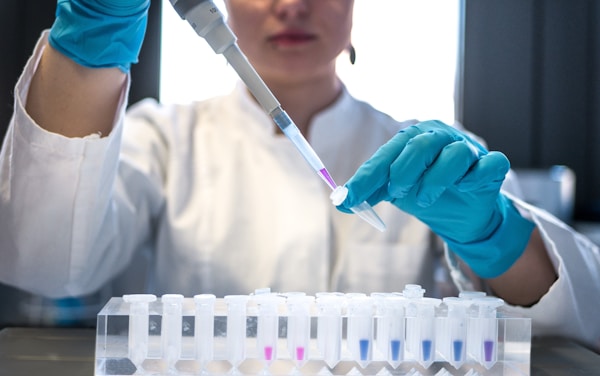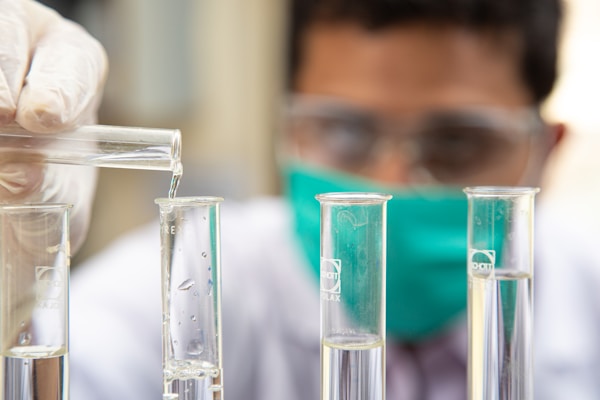What Is Medical Laboratory Science?
The field of medicine is always advancing, and with each new advancement comes new treatments and possibilities for cures. In recent years, there have been many incredible medical advances that have improved the quality of life for people all over the world, and many of these advances happened in medical laboratories. Keep reading to learn more about medical laboratory science and why it is so important.

What is medical laboratory science?
Medical laboratory science is the study of the structure and function of the human body. It is the application of scientific principles to the diagnosis and treatment of disease. Medical laboratory scientists use their knowledge of chemistry, biology, and mathematics to test blood and tissue samples for the presence of disease. They also use their knowledge of computer technology to analyze data.
Medical laboratory scientists work in hospitals, clinics, and other health care facilities. Medical laboratory science is a growing field, and there are many opportunities for advancement. Medical laboratory scientists can move into supervisory or managerial positions, or they can become specialists in a particular area of laboratory science.
If this sounds like an exciting field to you, you may want to consider getting a Bachelor of Science medical laboratory science degree. A medical laboratory science program will provide you with the necessary knowledge and skills to pursue a career in the medical laboratory field. You will learn about the various types of tests and procedures that are used to diagnose and treat diseases, and you will also learn how to operate and maintain medical laboratory equipment. In addition, you will learn how to properly collect and analyze blood and other body fluids.
Why is medical laboratory science important?

As per Nicholas C Nelson, medical laboratory science is one of the most important and critical jobs in the world. Without people who work in medical laboratories, we would have no way of knowing what is wrong with us when we are sick, and we would have no way of knowing how to treat our illnesses.
Medical laboratory scientists are responsible for performing tests on blood, urine, and other body fluids in order to determine the presence or absence of disease. They also use their knowledge of chemistry, biology, and mathematics to analyze the results of these tests in order to provide information that can help doctors diagnose and treat patients. In many cases, the results of medical laboratory tests are the only clues doctors have about what is wrong with a patient. For this reason, medical laboratory science is a critical part of the health care system, and the work of medical laboratory scientists is essential to the diagnosis and treatment of patients.
What are the specific duties of medical laboratory scientists?

The specific job duties of medical laboratory scientists may vary depending on the type of laboratory in which they work. However, some of the tasks that they may be responsible for include the following:
- Performing tests on blood, tissue, and other body fluids to help diagnose medical conditions
- Examining cells and tissues under a microscope to detect the presence of bacteria, viruses, and other microorganisms
- Analyzing the chemical composition of fluids and tissues to identify abnormalities
- Ordering and maintaining laboratory supplies and equipment
- Working with other health care professionals to develop treatment plans for patients
- Providing technical support to other laboratory personnel, including maintaining an enterprise backup solution.
- Training and supervising laboratory staff
- Updating patient records, which are a critical piece of information that helps health care providers deliver the best possible care to their patients
- Maintaining safety and quality control standards in the laboratory
In summary, medical laboratories and laboratory scientists are an important part of the medical field. Health care workers and physicians rely on medical laboratory scientists to provide better care and information to their patients.